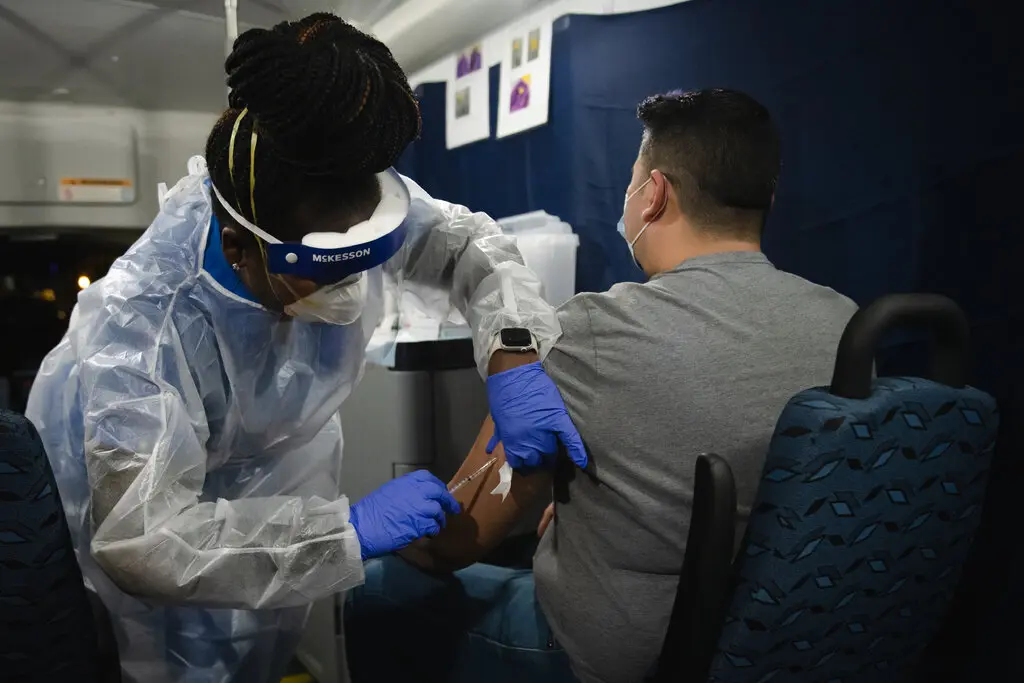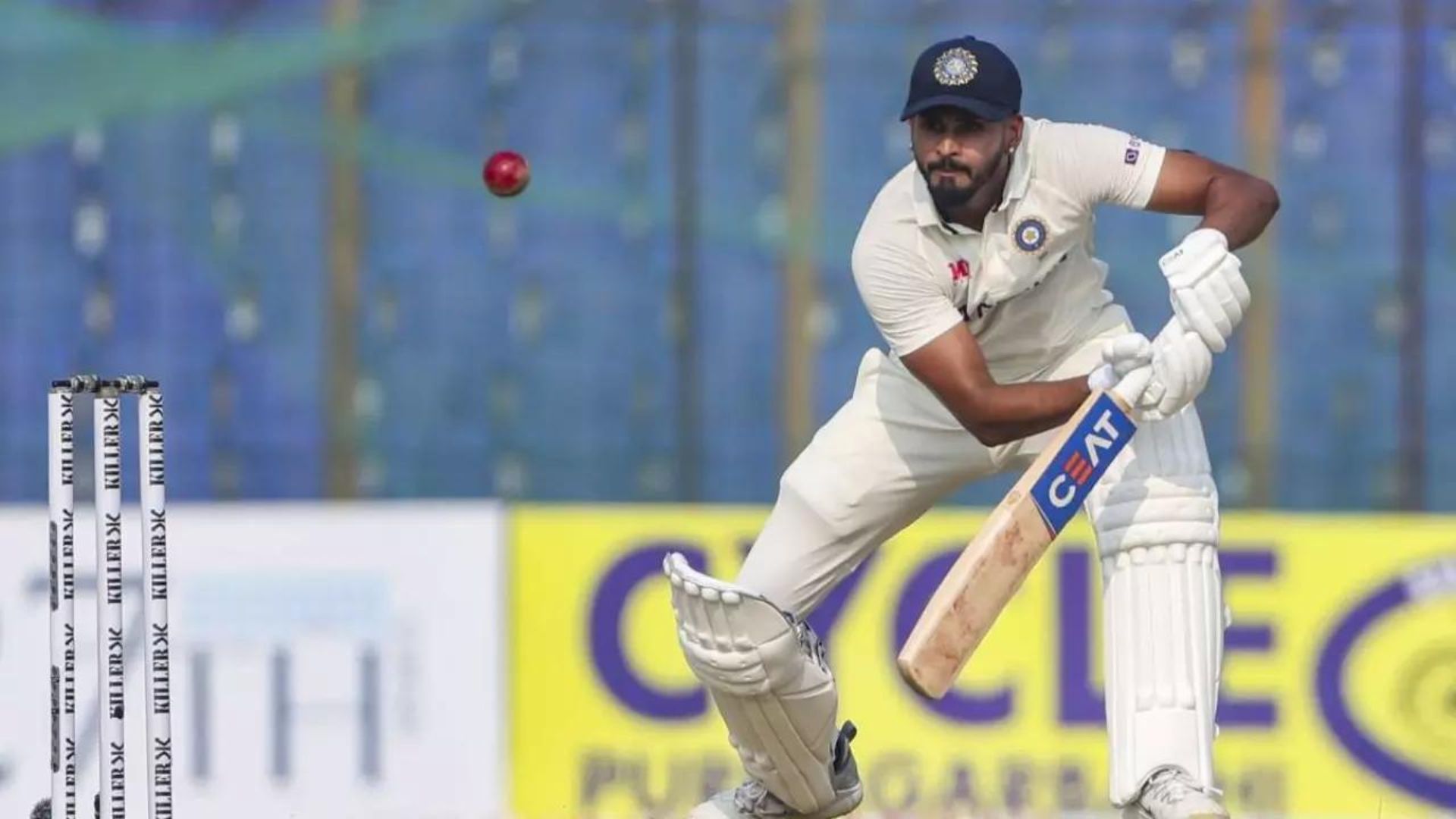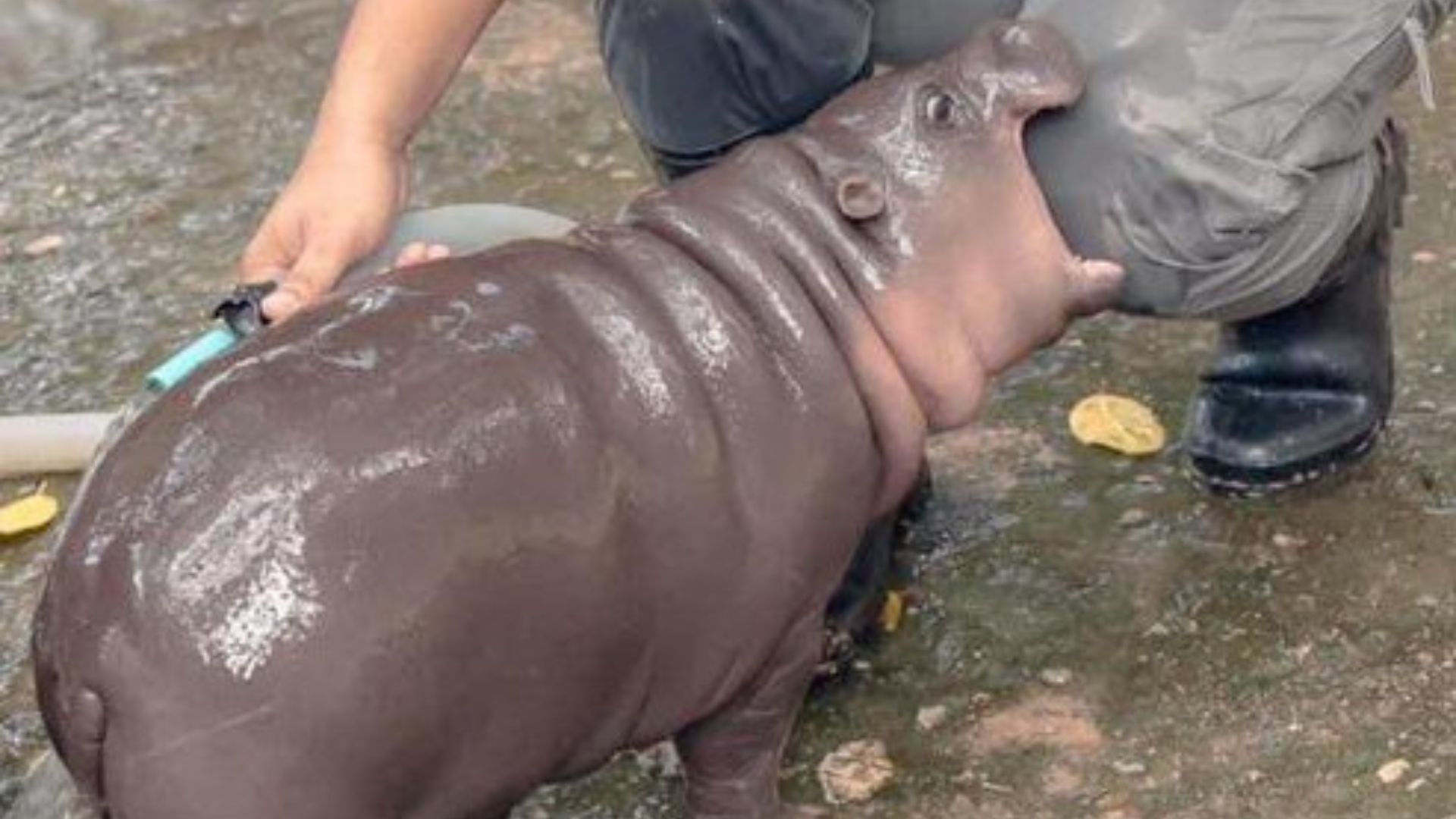
On August 14, the World Health Organization (WHO) declared an international emergency due to a surge in mpox cases, particularly the Clade 1b strain, in the Democratic Republic of Congo and neighboring regions. This decision highlights the growing concern over the outbreak’s spread.
On Tuesday, the WHO provided an update on the transmission of mpox, noting that while droplets from an infected person contribute minimally to its spread, physical contact remains the primary mode of transmission. The organization emphasized that further research is necessary to fully understand how the outbreak is propagating.
According to the WHO’s website, mpox primarily spreads through close physical contact with an infected individual. This includes direct skin-to-skin contact, such as touching or sexual activity, as well as mouth-to-mouth or mouth-to-skin contact, like kissing. Additionally, being face-to-face with someone who has mpox, which can involve breathing near them, may also facilitate the spread of infectious respiratory particles.
WHO spokeswoman Margaret Harris explained that although talking closely to someone with mpox could potentially spread the virus through respiratory droplets, this is considered a minor transmission route compared to direct physical contact. She noted that the predominant method of transmission is through direct skin contact, not long-distance airborne particles.
The WHO is calling for more research to clarify the transmission dynamics of mpox. In the meantime, the organization recommends that individuals with mpox, their close contacts, and healthcare workers wear facemasks to reduce the risk of spreading the virus.















